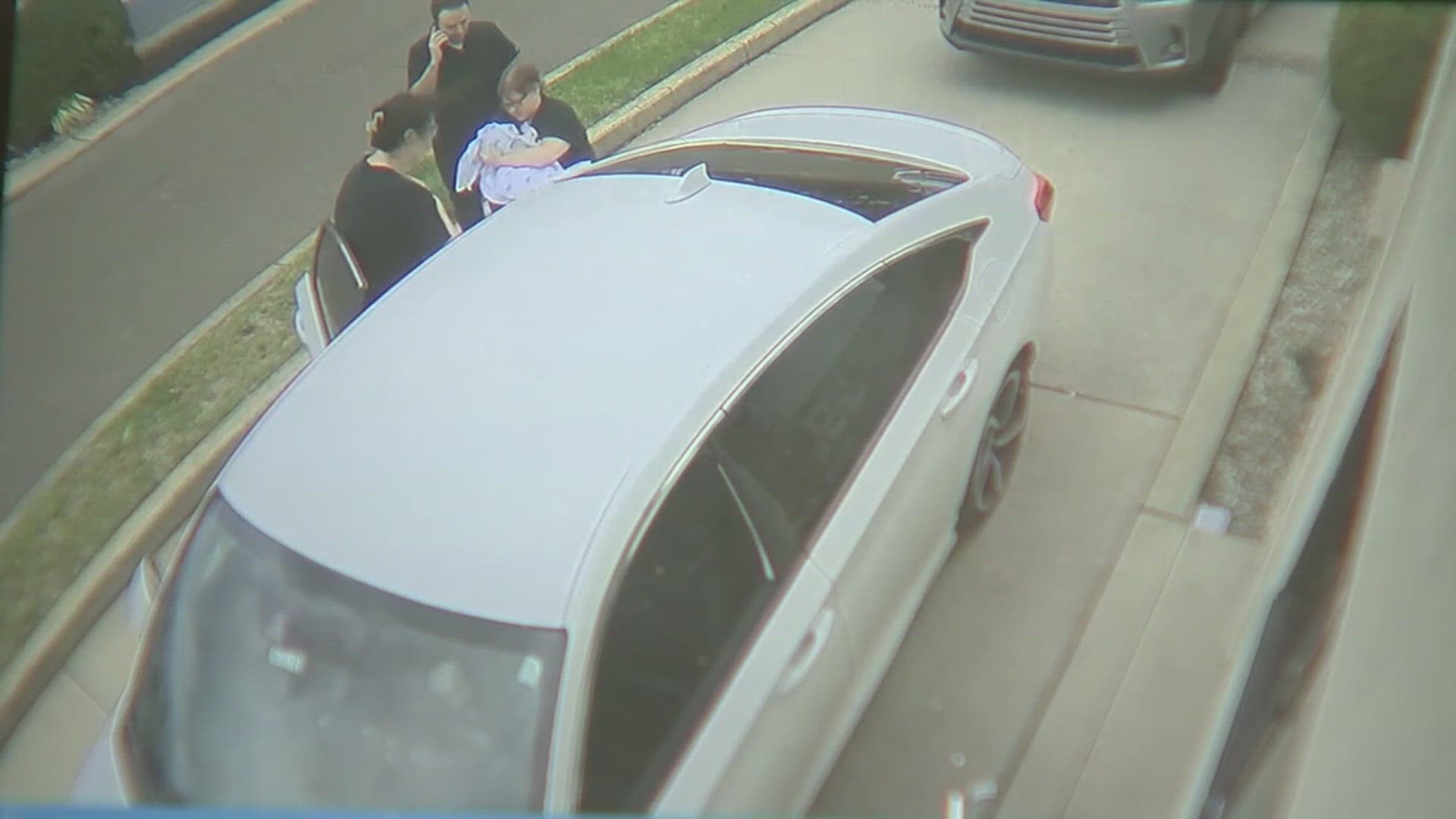INDIANAPOLIS (WTHR) – The Better Business Bureau is warning basketball fans not to fall for scams that pop up in light of tragedy.
The BBB says the tragic death of Kobe Bryant "is likely to generate scams exploiting fans’ eagerness for information and memorabilia."
The BBB is warning of two types of scams that they find to be common when celebrities die unexpectedly.
Spear phishing
The first type of scam is called "spear phishing" which are emails that are directed towards an individual, organization or business with a catchy headline to grab your attention.
According to the BBB, "the sender claims to be from a reputable news organization capitalizing on trending news with an exclusive video, image or document they want to share with you. There is typically a link that will lead the user to a malicious website if they click on it."
To avoid this type of scam, be sure to check the sender's email address. If you don't recognize it, delete it. In addition to that, don't click on any links in an email where you don't recognize the sender.
Click bait
The second type of scam that is common during tradgedy is called "click bait."
Click bait is described by the BBB as a "sensationalized post about trending news items highlighting exclusive, breaking or urgent news inciting people to quite literally, click on it."
Click bait posts usually include keywords like "amaze," "shocking" or "never seen before footage."
Once you click on the post, you may be taken to a site that allows cyber criminals to hijack your account or steal personal information.
The BBB says to avoid click bait, if it sounds too outlandish to be true - it's probably a scam. You can also hover your mouse over a link to see where it will take you before clicking on it.
Another piece of advice: Don't trust your "friends" online. It may not actually be your friends that are sharing the posts. Their account may have been hacked, and scammers could be using another tactic called "clickjacking."
For more information on scams and how to report them, click here.



